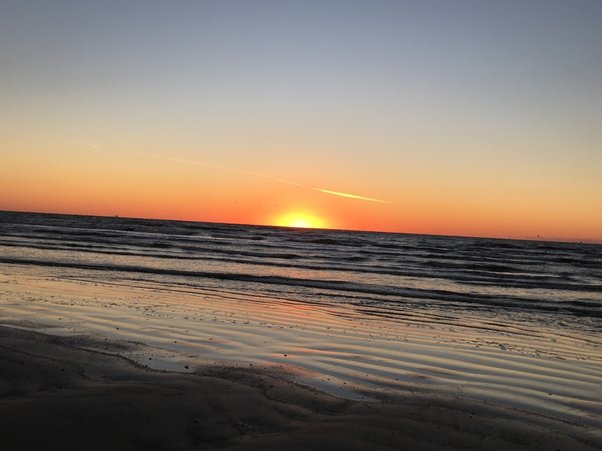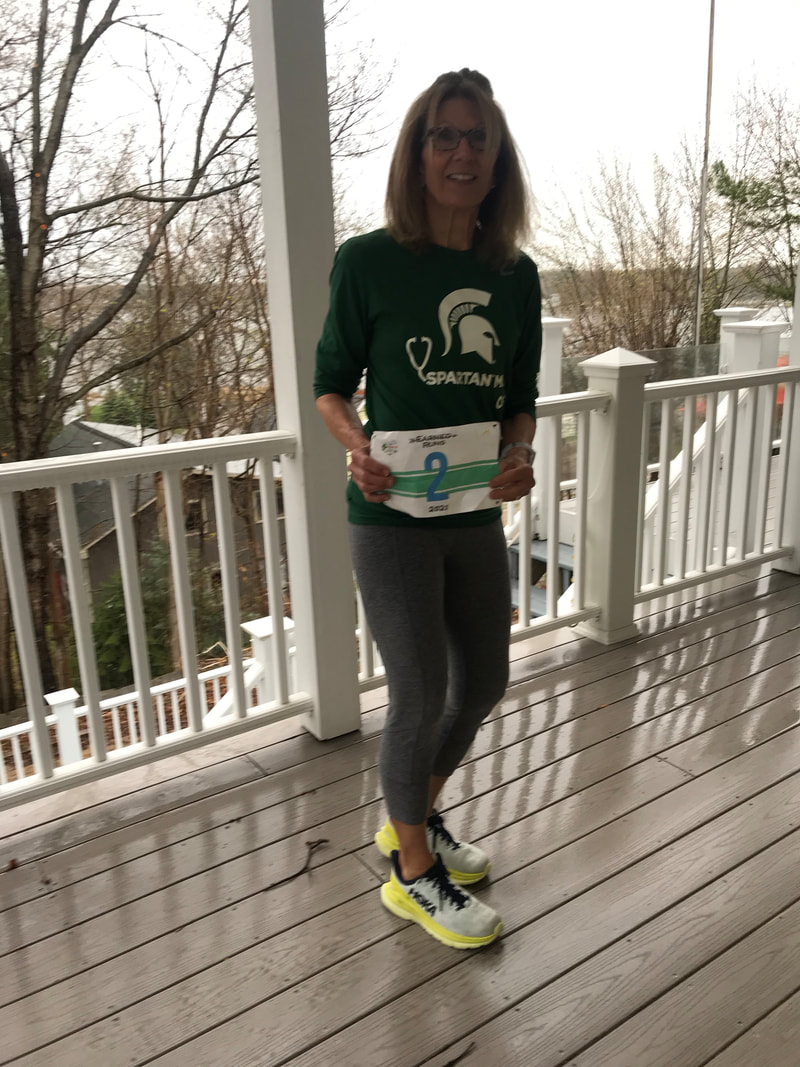BLOG
|
|
CAMPING HAS POTENTIAL BENEFITS FOR RUNNERS AND WALKERS
Learn “How Camping Helps You Sleep Better” by reading an article written by by Alexandra Sifferlin for the Health section of TIME.com. She reports on the October 2016 research paper of Kenneth Wright Jr. and colleagues at the University of Colorado at Boulder Sleep and Chronobiology Lab, “Circadian Entrainment in Natural Light-Dark Cycle Across Seasons and the Weekend”. This Earned Runs post also comments on earlier research published as “Entrainment of the Human Circadian Clock to the Natural Light-Dark Cycle” in August 2013. [The process of "entrainment" in this context might be thought of as a synchronization of the biological circadian clock with the environmental day.] The TIME.com piece summarizes the recent paper and provides comment from Wright Jr. The longer Earned Runs post here discusses both 2013 and 2016 studies in more detail, below. Sifferlin says that the research author offers alternate ways to obtain similar sleeping results. Her article contains this advice from him: “exposing yourself to morning light, cutting down on electrical light from smartphones and screens in the evening, and even dimming the lights at home can help”. She writes that he also “sets his internal clock by hiking in the morning, then waking up and going to sleep at the same time every day.” Why would runners be interested in this research on sleeping and light-dark cycles? Firstly, feeling peppy and ready to go in the mornings upon rising would greatly help those who are restricted to morning runs feel and possibly perform better. The recent paper says you can restore a more natural circadian rhythm after only a weekend of natural light exposure (camping in this case). THE NATURAL LIGHTING ENVIRONMENT TIMES BRAIN AROUSAL 1 HOUR BEFORE WAKING; the modern environment times it about 2 hours after waking. Secondly If you have a big goal race approaching and would wish to have your best weekend training runs as well as race results in the mornings, perhaps this advice can help you better coordinate wake time with brain arousal on weekends. Thirdly, if you are planning an epic personal adventure this summer during the warmer weather, you might wish to keep the design of these research studies in mind, limiting exposure to modern light and eliminating use of electronic devices. We won't be able to fully pull ourselves out of the modern lighting environment and ditch our electronic devices. However, regular natural light 'holidays' may be a chance to say closer to our natural circadian clock's time. RUN HAPPY! RESEARCH DETAILS These scientists looked at the effects of longer term and shorter term outdoor camping on sleep. They believed that “natural selection favored the human circadian clock system to promote energy intake and metabolism, physical activity, and cognition during the light portion of the day, and to promote sleep and related functions during darkness at night”. Because artificial electrical lighting permitted humans “to spend more time being active in indoor constructed environments” they sought to measure how much the increased time in artificial light, combined with the decreased time in natural sunlight changed this naturally-selected circadian biological clock. Their studies compared “the effects of exposure to electrical plus natural light“ with those of exposure to only natural light, measuring melatonin levels before and after the study days. Melatonin is a hormone produced and released by the pineal gland of the brain. It helps to set the internal circadian clock and regulate sleep/wake cycle timing. Rising levels in the blood at the onset of darkness signal a need to prepare for sleep, and decreasing levels, as light increases, to wake. In the 2013 study: after measuring the circadian timing of 8 research subjects (6 males and 2 females, average age 30 years) during one ROUTINE week of their usual “indoor constructed environments” the researchers sent them on a 2-week July camping trip in the Colorado Rocky Mountains. Campers slept on their own “self-selected” schedules in outdoor tents, and were only exposed to the light from sun or campfires and not electronic devices. After ONE WEEK, the ‘indoor’ modern circadian timing of the subjects was then compared with their “outdoor’ natural timing. It was shown that “exposure to natural SUMMER light of a day about 14.5 hours in length” caused the internal biological night to extend from about sunset to sunrise, which was about 2 hours earlier than when subjects were exposed to their ‘modern’ indoor lighting environment. When the next study was conducted over 2 weeks in December with 5 subjects (4 males, 1 female), after ~ 6 DAYS of exposure to the natural light of a shorter WINTER day, about 9.5 hours in length, there was a shift to an earlier bedtime (about 2.5 hours earlier) compared with ‘modern’ light exposure. The wake time was the same in both, so the natural light exposure night/sleep time was longer. The warmth of the sleeping bag and tent likely also contributed to this longer sleep time in colder outdoor temperatures! The next part of the study reported in 2016 was to determine if exposure to natural light over a shorter SUMMER WEEKEND time-period would rapidly affect the circadian clock. IT DID. “Weekend exposure to natural light was sufficient to achieve” roughly 70% of the shift in circadian timing the researchers “previously reported after a week’s exposure to natural light” in the summer. [The 14 subjects had spent 5 weekdays exposed to modern lighting. After that time, some left the camp and went home to the modern lighting (5) and others stayed and camped (9) for the next weekend.] The authors concluded that “these findings provide evidence that the human circadian clock adapts to seasonal changes in the natural light-dark cycle and is timed later in the modern environment in both winter and summer.” Also, their research demonstrated “that earlier circadian timing can be rapidly achieved through natural light exposure during a weekend spent camping.” A few other interesting points made in the study:
http://time.com/4656550/camping-sleep-insomnia/ https://www.ncbi.nlm.nih.gov/pubmed/23910656 https://sleepfoundation.org/sleep-topics/melatonin-and-sleep http://www.cell.com/current-biology/pdf/S0960-9822(16)31522-6.pdf
0 Comments
Your comment will be posted after it is approved.
Leave a Reply. |
BRIDGE TO PHYSICAL SELF
Running, walking, and fitness activities enable us to experience our physical selves in a world mostly accessed through use of fingers on a mobile device. AuthorEARNED RUNS is edited and authored by me, runner and founder. In 1978 I began participating in 10K road races before 5Ks were common. I've been a dietitian, practiced and taught clinical pathology, and been involved with research that utilized pathology. I am fascinated with understanding the origins of disease as well as health and longevity. Archives
November 2023
CategoriesNew! Search Box
Earned Runs is now searchable! Check it out...
|


 RSS Feed
RSS Feed